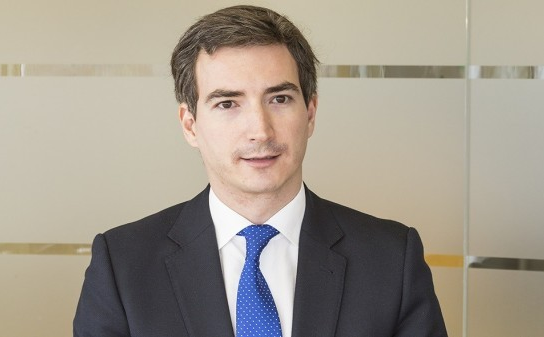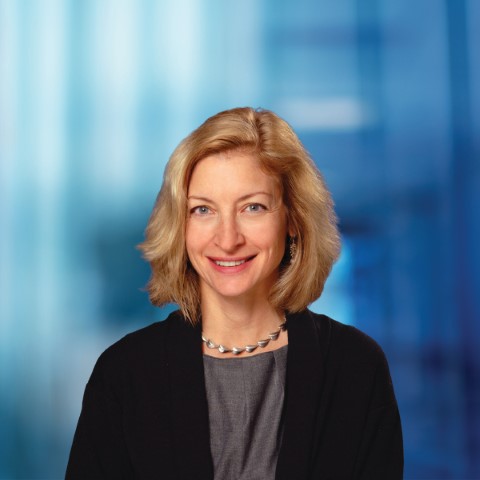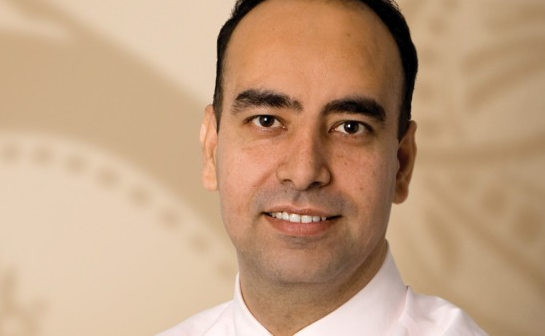Has Royal Dutch Shell Overpaid?
| By Fórmate a Fondo | 0 Comentarios

The Royal Dutch Shell bid for BG Group (£47bn) represents the largest ever deal between two UK corporates, and the largest deal in the oil and gas sector since Exxon’s takeover of Mobil in 1998. Now that the dust is settling, the Commodities & Resources team in Investec AM shares some perspective on the deal.
“We were not surprised to see the UK’s third largest energy company, BG Group, being acquired, or to see Royal Dutch Shell making an opportunistic move”, says Tom Nelson, Head of Commodities & Resources at Investec AM.
BG Group has struggled since 2011 in its evolution from a highly successful exploration company to a senior developer and producer. Management changes, operational setbacks, and unrealistic targets had reduced investor confidence in the long-term story. The oil price crash of 2014 compounded the pain for shareholders and brought the stock price down to £8, almost 50% below the levels attained in 2011 and 2012. Despite these recent struggles, Investec felt its assets were of a materiality and quality that would be extremely attractive to a supermajor.
It was clear to the team from meetings with management that Royal Dutch Shell had a more progressive view on the oil price than some of its peers, notably Exxon Mobil and BP. They recognised that oilfield decline rates and the lack of exploration success had made reserve replacement increasingly unattainable for the Majors – and that was at prices of US$100 per barrel, with rising capex budgets.
The clearest – and cheapest – path to growth lay through acquisition. The BG deal gives Royal Dutch Shell a clear leadership in the global liquefied natural gas market (45m tonnes per year by 2018), the largest position in Brazilian deepwater oil fields apart from Petrobras, and significant growth assets in Australia and Tanzania. The combined company could outstrip Exxon Mobil by 2018 as the largest public oil and gas producer at 4.2m barrels of oil equivalent per day (boe/day) with an expected free cashflow yield of 7%. “Our analysis of costs and returns shows the Brazilian pre-salt to be the most attractive and prospective hydrocarbon basin in the Non-OPEC world”, points out Nelson.
Sceptics think that Royal Dutch Shell has overpaid. The deal valuation of BG Group’s 2P (proven and probable) barrels was US$10-US$12. The average finding and development cost for the European Majors over three years has been over US$30. “Royal Dutch Shell has increased its reserves by 28% by spending US$70bn, which equates to two years of capital expenditure at the current rate. Neither of these measures looks expensive to us. The 50% premium is not out of line with historic deals in the sector. Of course, the ultimate judge of the fair price will be the oil price over the next three years. Shell used US$67 for 2016, US$75 for 2017, and US$90 long term. We note that most of the sceptics are generalist investors who expect oil prices to stay lower for longer”.
Investec makes two final points: “we, alongside Royal Dutch Shell, believe that the oil price will recover meaningfully from current levels over the next three years and we are positioning our portfolios for that environment. We expect that this will not be the last M&A deal of this oil price depression: the three notable deals so far have been Repsol/Talisman (US$8bn), Halliburton/Baker Hughes (US$38bn) and Royal Dutch Shell/BG (US$70bn). We expect Exxon Mobil to make an acquisition(s) and would not be surprised if it was of equivalent size or larger. The Majors have tried and failed to grow organically; the market has now offered a gilt-edged chance for inorganic growth“.










